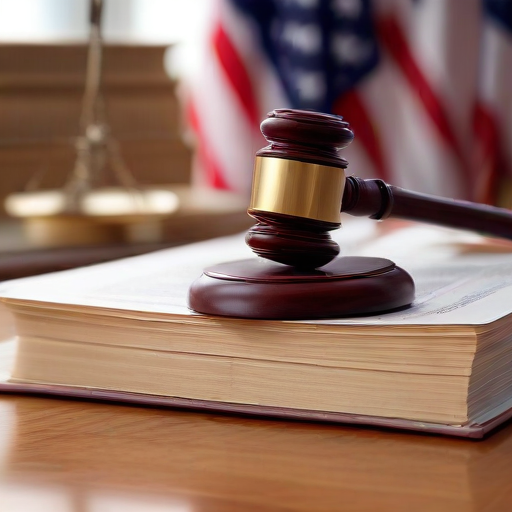In a recent development, President-elect Donald Trump has expressed intentions to pursue legal action against political opponents, with House Republicans recommending that Liz Cheney, the former GOP representative, be investigated by the FBI for her involvement in the January 6 Capitol attack investigation. This recommendation was detailed in a report by GOP Rep. Barry Loudermilk, who alleges that Cheney collaborated with Cassidy Hutchinson, a former White House aide whose testimony was significant to the January 6 select committee.
Trump amplified the report’s findings, suggesting that Cheney could face serious legal issues, particularly with loyalist Kash Patel reportedly set to lead the FBI. The report claims that Cheney, as then Vice Chair of the January 6 committee, likely broke several federal laws that warrant investigation.
Despite Trump’s assertions that he would not instruct his associates to pursue such prosecutions, many close to him appear eager to follow his sentiments. Pam Bondi, another Trump ally, has commented on the need for investigations into prosecution efforts against him. Additionally, thoughts on potential retaliation against those involved in investigating Trump have also been echoed by other high-profile allies, including Lara Trump.
Republicans are embarking on a broader investigation into the actions of the select committee and the events of January 6. Loudermilk emphasized in his report that accountability and institutional reform are necessary to restore trust. In response, Cheney defended her work and criticized the report as misleading and defamatory, while asserting that legal protections for members of Congress offer them some immunity against such investigations.
As discussions intensify around potential legal aid and protections for Cheney and others who may be targeted, it’s evident that the political landscape remains fraught and highly polarized. Significant constitutional protections exist for Congress members engaged in legislative work, including those involved in the January 6 investigation, suggesting that any attempts to prosecute might face substantial legal hurdles.
This situation illustrates the deepening divisions in American politics, with both sides reinforcing their stances in the ongoing battle over the narrative of January 6. The clamor for accountability must navigate the complex web of legal immunities and the broader implications for American democracy.
Summary: The article discusses a report by House Republicans recommending that former Rep. Liz Cheney be investigated by the FBI for her role in probing the January 6 Capitol attack. President-elect Trump has indicated that Cheney could face legal consequences, aligning with his past statements about prosecuting political adversaries. Cheney refutes the allegations as unfounded and defended the integrity of her work on the select committee. With ongoing investigations and discussions of legal aid for those targeted, the article underscores the complexity and tension within the current political environment.
This scenario highlights the importance of legal protections for legislative work, which may ultimately provide a safeguard for individuals like Cheney as the political climate continues to evolve.
